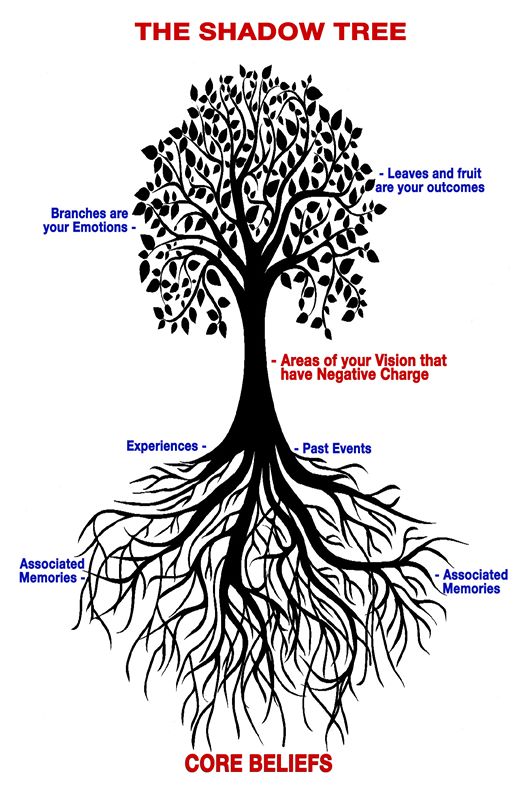A few words about core beliefs
Core beliefs – contain basic particles of knowledge about ourselves, other people and the world in which we live. Core beliefs are formed from an early age of our lives and are usually based on our children’s interpretations of the various events in which we participate, and interaction with people around us. Often their source are parents, guardians or older siblings, because it is with them that we spend the most time and observe them trying to learn how to move in a world which is complicated for children. Because of the time they begin to form (early childhood) and their sources (important people), core beliefs are characterized by the fact that:- They have the form of simple statements like: I’m stupid, useless, others are critical, hostile, the world is dangerous. (They can also have positive content, like others are helpful or I’m special);- We automatically accept their content as the truth about the world, others or ourselves;- They are deeply rooted in our psyche and very often we are not consciously aware of their content.Usually they activate automatically, and we notice it feeling unpleasant emotions and/or observing the appearance of automatic thoughts related to a given situation.The impact of core beliefs on the interpretation of events:Core beliefs are a kind of filter through which we interpret reality. Let’s examine it on two examples:1. Chris conducts a lecture for students. Some listeners seem very interested, some just listen, and some seem to be very bored. Being convinced “I AM UNIQUE” Chris focuses primarily on the part of the audience that seems very interested – their interest causes Chris to appear in the thought “I’m good at it”, “I’m doing great”. The fact that some seem to be bored, Chris explains to himself thinking: “What are they doing in college? They are here by mistake!” And “They are idiots, they cannot appreciate my knowledge.” Thus, Chris’s belief of his uniqueness is maintained.2. Robert’s belief is: “I AM INCOMPETENT.” With this core belief in a similar lecture situation, he would focus on those bored thinking: “I shouldn’t be here, I’m not fit for it!”, “This lecture is a failure!”. He could think of those very interested: “They are probably waiting for me to make a mistake and make fun of me!” As a result, Robert’s sense of incompetence persists.In the examples with Chris and Robert we can observe one more important feature of core beliefs: looking at the world through their prism we also automatically make a certain selection of information – we tend to easily catch information CONFIRMING our belief and to reject or distort information that PRESS the truth of the belief. As a result, our beliefs can sustain themselves. Because of this, core beliefs will not fade away, no matter how much we would like to.How to change the content of core beliefs?The good news is that our core beliefs are just concepts about ourselves, not objective truth. We can try to identify them by looking for repetitive patterns in situations where we observe the appearance of unpleasant emotions and observe our automatic thoughts. Once we realize the content of unhelpful core beliefs, we can begin to observe the situations in which they activate and their impact on our thoughts and emotions. We can also try to question them by asking ourselves: “If my belief were the opposite of what I am now, how would I perceive this situation?” Thanks to this, we will be able to approach various situations more rationally. By challenging unhelpful core beliefs we can also re-build a healthy relationship with ourselves. Try – you are worth it ![]()

